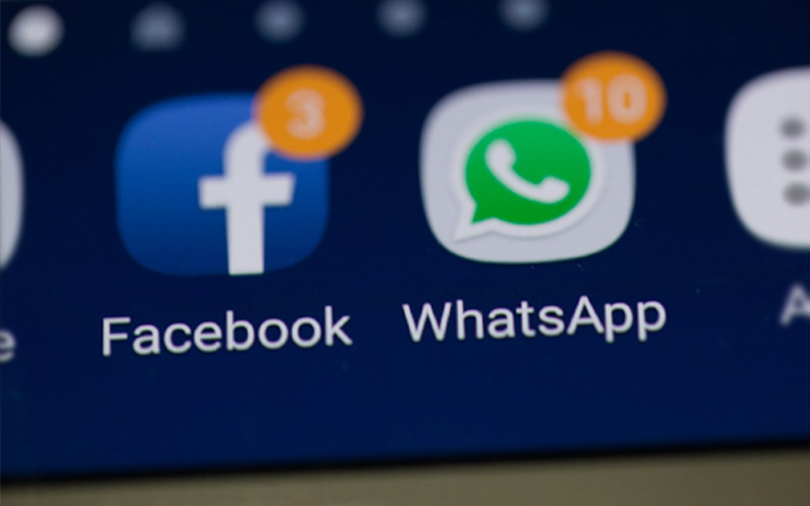WhatsApp might be owned by Facebook but it’s arguably more trustworthy than most of the social network’s products. A lack of end-to-end encryption in Messenger makes me very unwilling to use that as my primary communications tool – even though most of my friends are on the platform.
WhatsApp is about to add a new feature though (iPhone only at this point, but with Android likely to get a similar update later) which is appearing in early betas at the moment. If you’re on the WhatsApp Testflight program you’ll see this update roll out soon, the rest of us will need to wait.
From Feb 1, WABetaInfo reports that beta testers have had access to a new menu option which allows them to enable authentication before WhatsApp will open and show messages. This is a similar idea to many banking apps, which require either TouchID or FaceID to allow access.
That means that if someone gets hold of your unlocked phone they won’t be able to access your WhatsApp chats without you authenticating yourself again.
How useful this is depends on what you’re hoping to protect yourself from. For me it’s a handy level of security that would prevent my kids from accidentally messaging people, or deleting chats.
Of course it doesn’t protect you if someone knows your PIN. In that case they’ll be able to access your WhatsApp as you would be able to. Again, because I have kids it’s handy to keep my PIN secret to prevent any expensive in-app purchases from happening by mistake.
The other advantage, of course, is that if you hand your unlocked phone to a friend any incoming messages won’t be automatically shown. That might save some blushes when your significant other is texting sweet nothings while you’re showing photos to buddies.
You’ll need version 2.19.20 of the iOS app to use the new authentication feature. It’s not clear when this will roll out to most users, but it shouldn’t be a long wait.
Because TouchID and FaceID are securely managed by your iPhone this data is never sent to WhatsApp. The program itself simply asks the phone if you’re allowed access, iOS will either confirm or deny allowing WhatsApp to let you in.
Anyone using iOS who wants to preview new features like this could apply to the Testflight for WhatsApp. Sadly it’s in a lot of demand and only a small number of beta testers are allowed at any one time.
Sometimes people do quit the Testflight beta program though, so it’s worth keeping an eye on this page.
Android users will, no doubt, see this feature in due course too. The system for protecting Android devices is largely the same as Apple’s, with the device handling the permissions.
Credit: forbes.com








